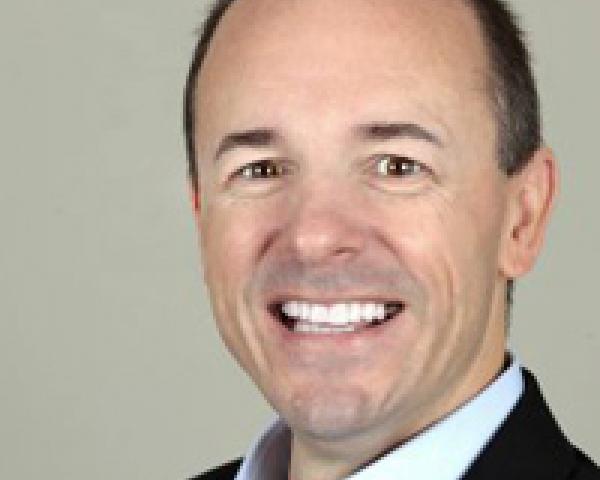- Medical imaging and diagnostics;
- Wearables;
- Mental health;
- Virtual assistants;
- Risk management;
- Drug discovery;
- ER and hospital monitoring;
- Health and lifestyle management;
- Biotechnology; and
- Genomics.
AI: The Next Stage in Healthcare
Many medical professionals fear that AI will cost them their jobs, but costs must somehow decline, and errors must plunge.






